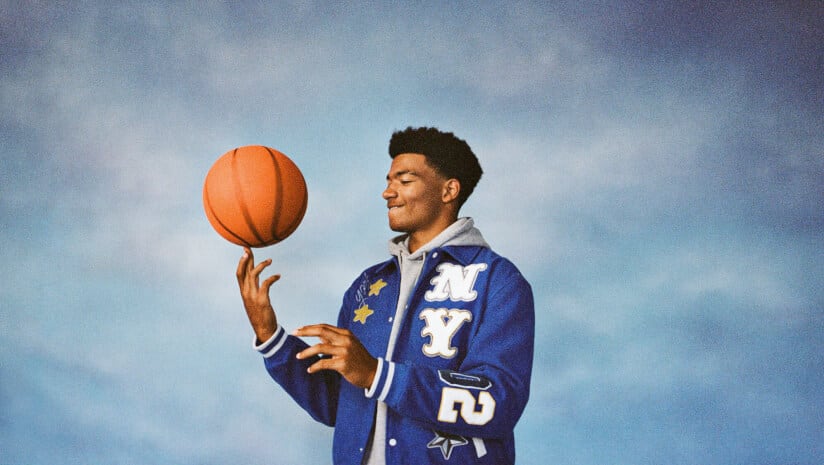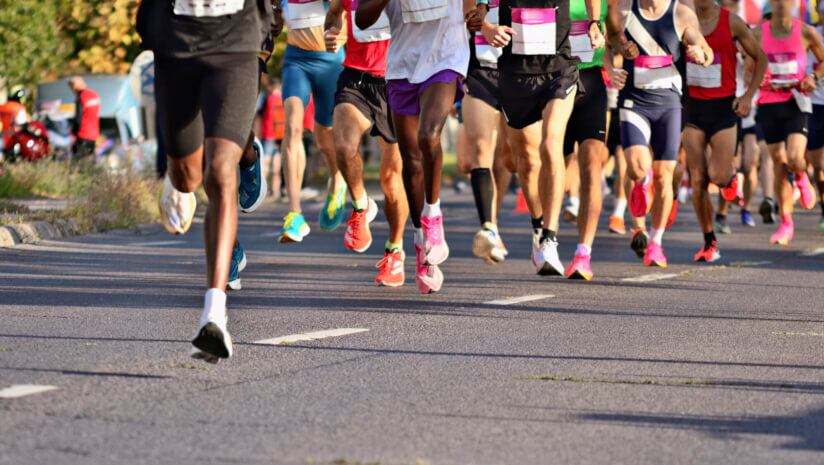The study is bolstered by research that shows athletes have a lack of knowledge of micronutrients, fluid intake, supplement use, recovery strategies and weight management, although athletes typically score better on areas related to dehydration and dietary sources of nutrients. The researchers said these incongruencies in SNK may lead to less understanding of the energy and macronutrient requirements of athletes, which leads to poor nutrition.
“Collegiate athletes are often not provided adequate nutrition support services to help them meet their unique dietary requirements, which may in turn jeopardize their performance, recovery and health,” the researchers wrote. “Implementing a sport nutrition education program may improve SNK, which could bring awareness to the importance of nutrition and intake requirement, which may educate the athlete regarding food preparation strategies.”
Additionally, physical and emotional perceptions tied to mindful eating related to sports nutrition were also lacking among these athletes.
A range of nutritional knowledge
The physiological demands of training and elite physical performance require sufficient energy intake of macro and micronutrients, promoting muscle growth, preventing injury and working to repair injuries. Athletes have unique nutritional requirements due to increased activity and more lean body mass. They need more energy, protein, fat and carbohydrates in their diets.
However, there are only 103 sports dietitians who work with collegiate athletes in the NCAA on a full-time basis. The varying resources between NCAA divisions also means that SNK and the perceptions of sports nutrition can range between NCAA divisions.
“The thing that continues to surprise us how is how ill-informed many athletes are on various aspects of nutrition knowledge, especially in regard to how much they need to be consuming,” said Dr. Chad Kerksick, a Lindenwood University professor and an author on the study. “There are a lot of Division I programs that have one or a limited number of dietitians devoted to the athlete.”
Additionally, previous studies show that collegiate athletes overestimate their understanding of nutrition which makes them susceptible to inadequate nutritional intake.
Study details
The study included 123 athletes who responded to an electronic SNK questionnaire exploring their perceived dietary requirements and understanding of mindful eating. Most of the athletes had not taken a nutrition course.
The participants were asked questions such as what they thought was an adequate number of calories they needed to eat per day to maintain weight as well as how many total calories they thought was necessary to eat each day.
When it came to mindful eating, they were asked whether they stopped eating when they were full even when that ate something they loved and if they recognized when food advertisements made them want to eat.
All athletes significantly underestimated what they required for daily energy intake for moderate activity levels.
“The overall average SNK score of 45.5%, typically described as poor in regard to SNK, is in alignment with previous studies evaluating the sport nutrition knowledge of collegiate athletes,” the researchers explained. “The results of the current study indicate that both male and female athletes underestimated daily energy requirements by 3,283 ± 538 and 2,112 ± 575 kcals/day.”
Athletes also showed that they had little time to shop for groceries and prepare meals, barriers to eating healthy and performing optimally in their sport.
"Collegiate athletes don’t have a basic command of nutrition knowledge," Dr. Kersick said. "The results of this type of study help to provide a strong foundation that more educational efforts are needed from top to bottom at the collegiate level. I think there’s a lot of practical information within this research.”
Source: Journal of the International Society of Sports Nutrition
doi: 10.1080/15502783.2024.2365307
“Differences in perceived energy and macronutrient requirements across divisions in NCAA athletes”
Authors: K. Michelle Singleton et al.



